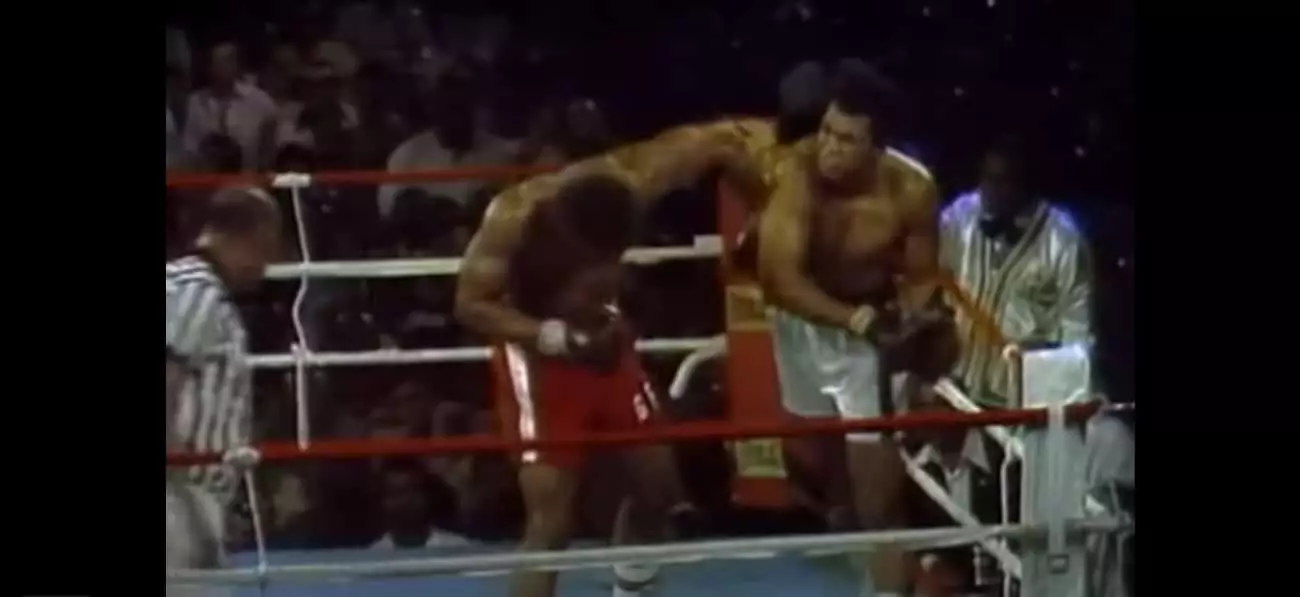Former light-heavyweight champion Montell Griffin’s relationship with Muhammad Ali offers a unique perspective on one of boxing’s all-time greats. Griffin, who achieved considerable accolades during his own fighting career, including notable victories over Roy Jones Jr. and James Toney, was not merely an admirer; he was a pupil of Ali’s exceptional talent. Universally known as “Ice” in the ring, Griffin’s bond with Ali dates back to his youth, when the legendary heavyweight champion was at the pinnacle of global fame and celebrity.
Griffin’s reflections on Ali reveal the profound impact the boxing icon had on his life and career. “I wanted to be him,” Griffin shares, highlighting the aspirational nature of their relationship. The mentorship Ali provided was crucial to Griffin’s development as a fighter, directly influencing his style and outlook in the ring. This relationship is a testament to Ali’s character, as he took the time to guide and inspire a young athlete at a time when he was already a monumental figure in sports.
Griffin poignantly recalls the hours he spent observing Ali’s training sessions. A particularly memorable occasion was in 1977, when Ali was preparing to face Earnie Shavers. During these fiery workouts, Griffin found himself absorbing the essence of Ali’s technique and mindset. A video clip shared by Griffin encapsulates this moment; it features Ali unleashing powerful punches on a heavy bag, with Griffin in the background, witnessing greatness in motion.
The nuances of Ali’s training reflect a fighter who was crafting his legacy while battling with the challenges of age and the relentless nature of the sport. At this juncture in his career, Ali was relying on his legendary resilience and innate ability, displaying a fearlessness that became synonymous with his name.
One of the most pivotal moments in boxing history was Ali’s iconic fight against George Foreman. When Griffin discusses this match, it’s clear that it symbolizes not just an athletic achievement but a cultural milestone. Griffin emphasizes the significance of this victory: “He beat the most dominant heavyweight in history.” This acknowledgment of Foreman’s formidable presence underscores the magnitude of Ali’s triumph.
In recounting the drama of that night, Griffin emphasizes how Ali was at his peak, using strategy and agility to overcome a seemingly insurmountable foe. It was a fight that transcended sport, resonating deeply across different communities, especially in the context of the socio-political climate of the time. The fight itself not only marked a defining moment in boxing history but also served as a source of inspiration and hope, further solidifying Ali’s legacy.
As we celebrate the 50th anniversary of Ali’s knockout victory over Foreman, Griffin’s insights remind us of the enduring influence Ali has had on the sport and beyond. This event marked not just a victory in the boxing ring but a reclaiming of identity for a man who had faced immense challenges throughout his career.
The legacy of Muhammad Ali, as illustrated through Griffin’s eyes, is a poignant reminder that greatness is not solely measured by titles and trophies but by the lasting impressions one leaves on others. These reflections invite us to continue celebrating not only the remarkable achievements of Ali but also the spirit of mentorship, inspiration, and resilience that he embodied throughout his life.


Leave a Reply